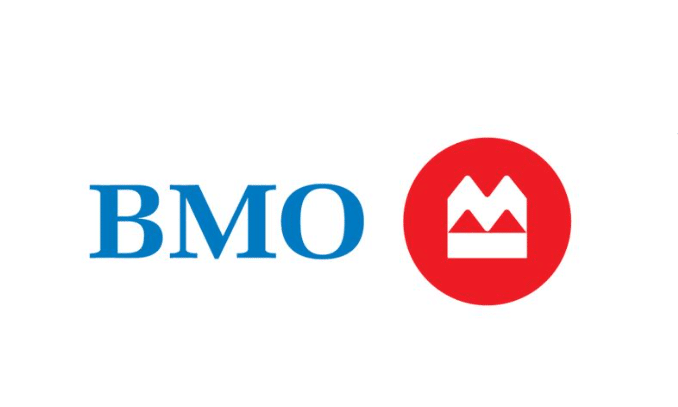Bank of Montreal, BMO, is buying carbon offset developer Radicle Group to meet the bank clients’ demand for advice on emissions reduction.
BMO’s acquisition reflects major banks’ growing interest to help clients measure carbon emissions. It will also allow the bank to help their clients manage a difficult transition toward net zero emissions.
The buyout is also a move by BMO to be at the forefront of developing products fit for climate transition such as carbon offsets.
Dan Goldman from BMO said that:
“Climate, energy transition and net-zero targets come up in almost every client conversation we have… It’s not topical, it’s front and centre in terms of thinking about how the world evolves… Helping our clients navigate what is clearly going to be an enormous part of their agenda going forward was paramount.”
BMO Carbon – Radicle Acquisition Deal
Buying Radicle supports BMO’s Climate Ambition to be its clients’ lead partner in the transition to a net zero world.
Founded in 2008, Radicle has built a reputation as a leading developer of carbon offsets. It’s also the leading adviser that helps organizations measure and reduce emissions.
The firm is one of Canada’s most advanced carbon offset developers that generates carbon credits that entities can buy and sell to offset their unavoidable emissions.
Radicle has 130 employees and over 4,000 clients including Imperial Oil, Meg Energy, TC Energy, Chevron, and ConocoPhillips.
Carbon offsets, despite criticisms as less effective, are Radicle’s key area of expertise. But they will not be BMO’s main focus. The bank will continue to develop and adapt new products with Radicle’s expertise.
Buying carbon offsets means paying for projects that provide positive impact to the environment. Common examples are protecting trees or capturing and storing carbon.
Radicle also helps entities measure their emissions so they can develop ways to reduce them and track their progress.
The Radicle team will work with various bankers to advise clients on several areas. These include investment and corporate banking, commercial lending, and wealth management.
BMO is aware that building the carbon offset expertise from scratch will take time. So, the bank set its eyes on Radicle which was exploring a sale.
The role of carbon offset markets
Canada’s major banks are criticized for their continued funding of the oil and gas industry. Yet, the banks defended by saying they plan to work with heavy emitters to reduce emissions.
BMO isn’t the only Canadian lender to tap the carbon market for emission offsets.
For instance, the Canadian Imperial Bank of Commerce joined 3 other banks last year to launch a pilot marketplace for trading voluntary carbon credits on a digital ledger.
It was called Project Carbon whose first trade occurred in September between the Nature Conservancy of Canada and NatWest.
Carbon markets have a vital role in fighting the effects of climate change and thus, enable a sustainable future. They’ve grown remarkably around the world as people and companies work to scale the technologies needed to reach net zero.
To achieve their own net zero pledges, banks also have to boost ways to measure and reduce emissions by the firms they finance. And BMO knows this well that’s why it struck the deal.
It also expects Radicle to speed up its emissions reduction efforts, scale its activities across BMO’s client network, and develop more sustainability services.
To date, Radicle helped its clients generate over C$100M in value and cut carbon emissions by 7 million tonnes.
BMO did not reveal the financial terms of its Radicle deal but expects it to close by the end of 2022.

